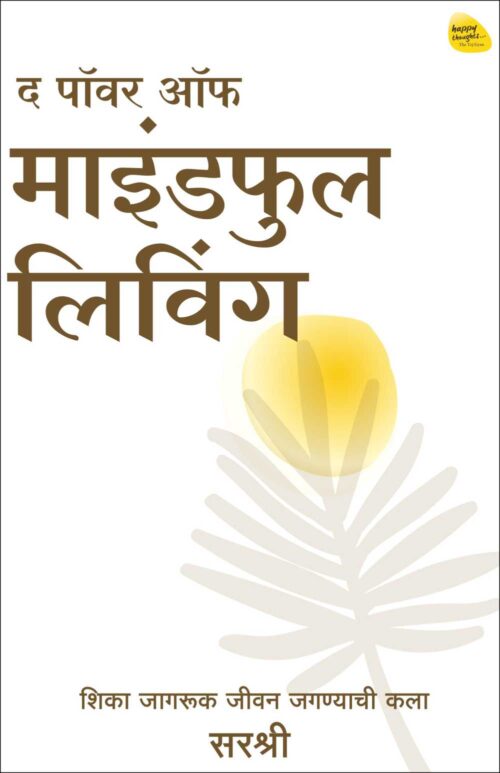
Saint Ravidas: Work is Worship
The day of Magh Poornima on the 9th of February was celebrated as Saint Ravidas Jayanti.
Saint Ravidas is known for his devotion for Lord Krishna. He is also known as the Guru of Saint Meerabai – the well-known devotee of Lord Krishna from Rajasthan.
Saint Ravidas personified the line – Work is Worship. The story goes that the King of the province had heard about the Saint’s devotion and once decided to visit him. He found the Saint in a small hut, sitting on the floor, head bent, absorbed in his cobbler work. His clothes were torn and muddy, and hands were soiled with putrid water used to soak raw hides.
The Saint continued working while the King was there. Looking at the Saint’s condition, the king felt sorry for him and wanted to bestow him with a gold ring.
“Stick it somewhere, dear King! My hands are soiled at the moment,” said the Saint.
Unable to find an apt place, the King shoved the ring in a wall of hay and left.
A few months later, the King thought the Saint’s financial condition would have improved. When he visited him, he was surprised to find the Saint in the same state – working relentlessly, sweating profusely.
“Oh… You have not used the ring. Where is it?” the King inquired.
“It must be here… somewhere…”
The king found the ring exactly in the same place where he had left it.
Sensing the King’s dilemma, the Saint said, “Let me wash my hands.” He used his cobbler-knife to wipe the drop of sweat from his forehead.
The knife turned to gold due to the alchemical touch of his pure and powerful sweat. This sight stunned the King and his pride was shattered. Bowing down to the Saint, he left without a word.
The alchemical touch of pure sweat symbolizes the value of work done in the spirit of divine worship. It transforms anything that it touches.
Can we too turn our work to worship?
Work is actually an opportunity for us to be available for the Divine Presence to work through us. Work, by itself, becomes the cause for bliss; it becomes the fruit in itself.
When work, by itself, becomes the fruit for us, then we don’t need any other fruit. This attitude helps us transform the quality of our work, making it a form of divine service.


















Add comment